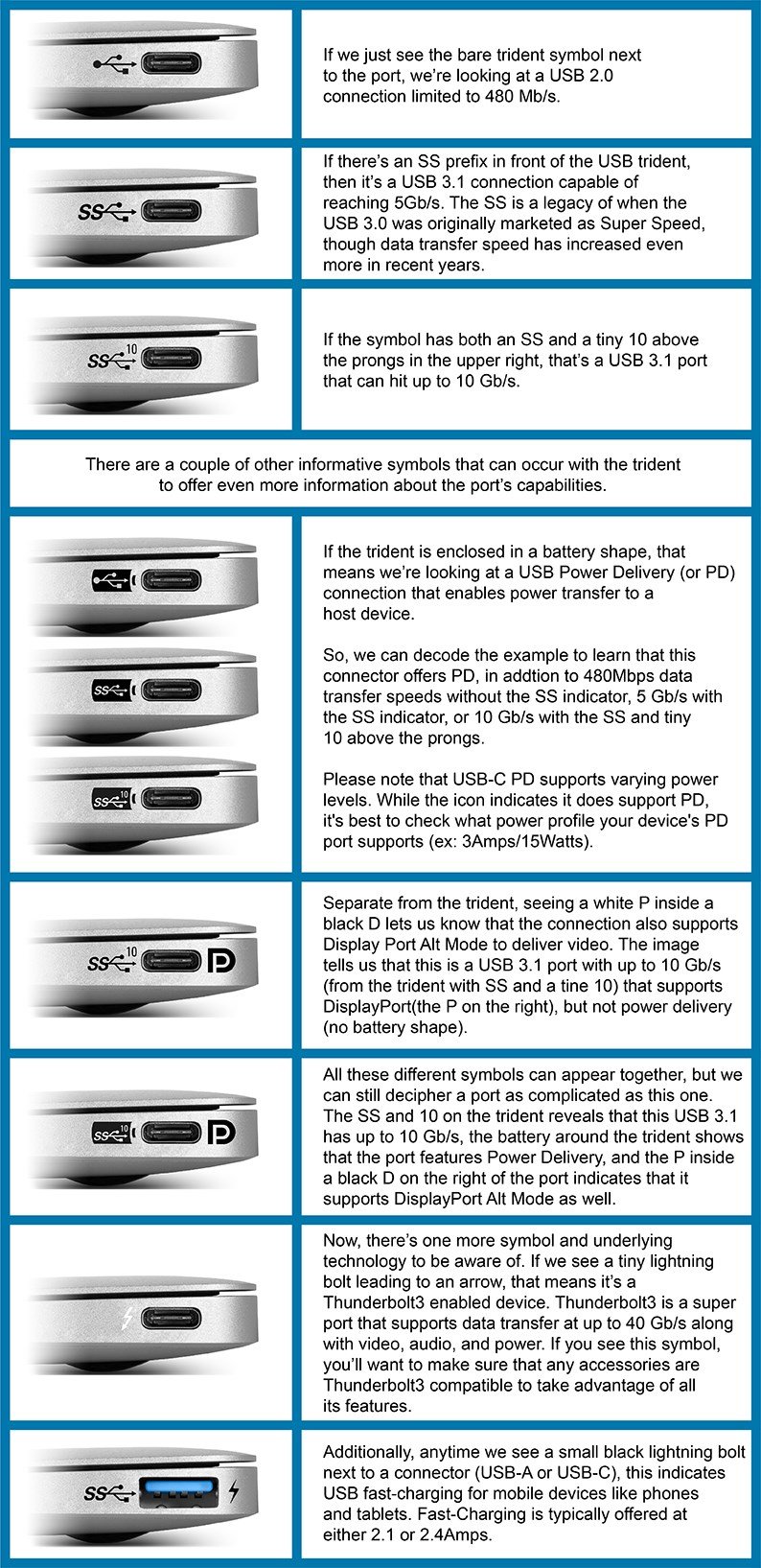this post was submitted on 09 Sep 2024
1580 points (97.4% liked)
Technology
72479 readers
3330 users here now
This is a most excellent place for technology news and articles.
Our Rules
- Follow the lemmy.world rules.
- Only tech related news or articles.
- Be excellent to each other!
- Mod approved content bots can post up to 10 articles per day.
- Threads asking for personal tech support may be deleted.
- Politics threads may be removed.
- No memes allowed as posts, OK to post as comments.
- Only approved bots from the list below, this includes using AI responses and summaries. To ask if your bot can be added please contact a mod.
- Check for duplicates before posting, duplicates may be removed
- Accounts 7 days and younger will have their posts automatically removed.
Approved Bots
founded 2 years ago
MODERATORS
you are viewing a single comment's thread
view the rest of the comments
view the rest of the comments

It gets even better, each function of the port also needs proper support from the cable. Often cables do not support the full spec of usb to cut costs.
While the symbols in the post are often put on computers, for usb cables this is seldom done (only a few brands do).
Source: had to find a cable that supports both DP and PD to connect a portable external monitor after I lost the original cable. (1/9 cables worked)
For that portable monitor, you should just need a cable with USB-C plugs on both ends which supports USB 3.0+ (could be branded as SuperSpeed, 5Gbps, etc). Nothing more complicated than that.
The baseline for a cable with USB-C on both ends should be PD up to 60W (3A) and data transfers at USB 2.0 (480Mbps) speeds.
Most cables stick with that baseline because it's enough to charge phones and most people won't use USB-C cables for anything else. Omitting the extra capabilities lets cables be not only cheaper but also longer and thinner.
DisplayPort support uses the same extra data pins that are needed for USB 3.0 data transfers, so in terms of cable support they should be equivalent. There also exist higher-power cables rated for 100W or 240W but there's no way a portable monitor would need that.